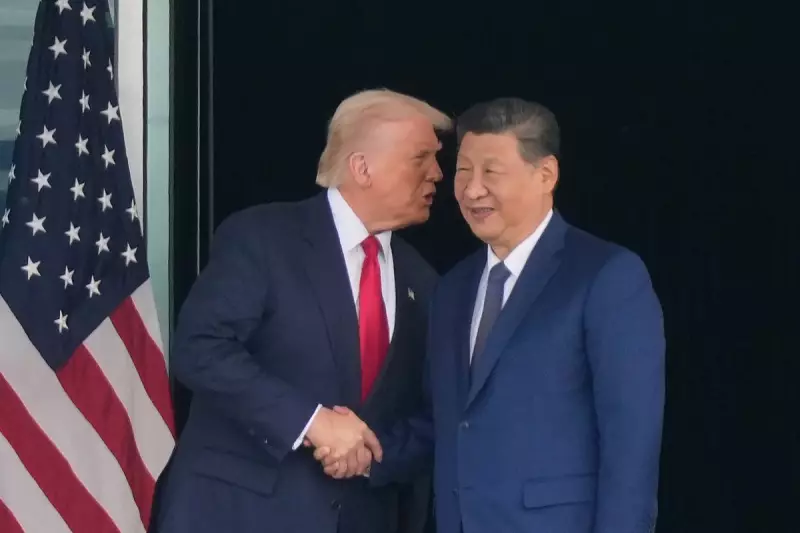
In a move that could reignite global trade tensions, former US President Donald Trump is reportedly preparing to impose sweeping 60% tariffs on all Chinese imports if he returns to the White House. This aggressive trade policy would mark a significant escalation from his previous administration's measures and has economists warning of potential worldwide economic repercussions.
Economic Shockwaves Feared
Financial analysts are sounding alarms about the potential impact of such drastic measures. The proposed tariffs would far exceed the levies implemented during Trump's first term, creating what experts describe as potentially the largest trade barrier in modern history.
"The global economy simply isn't prepared for this level of trade disruption," warned Dr. Eleanor Vance, senior economist at the Global Trade Institute. "We're looking at supply chain chaos, inflationary pressures, and serious damage to international relations."
UK Businesses in the Crossfire
British companies with international operations could face significant challenges:
- Increased costs for imported Chinese components and materials
- Disruption to complex global supply chains
- Potential retaliatory measures affecting UK exports
- Market volatility impacting investment decisions
Political and Diplomatic Fallout
The timing of these proposals comes amid already strained international relations. Trade experts suggest that such measures could:
- Undermine years of diplomatic efforts to stabilise US-China relations
- Force allied nations, including the UK, to choose sides in the escalating conflict
- Disrupt the fragile recovery of global markets post-pandemic
What This Means for British Consumers
While the direct impact might seem distant, UK households could feel the effects through:
- Higher prices for electronics, clothing, and household goods
- Reduced availability of popular Chinese-manufactured products
- Potential job losses in sectors dependent on Chinese trade
As the political landscape evolves, businesses and policymakers are being urged to prepare for potential turbulence in international trade relations that could reshape global economic dynamics for years to come.





